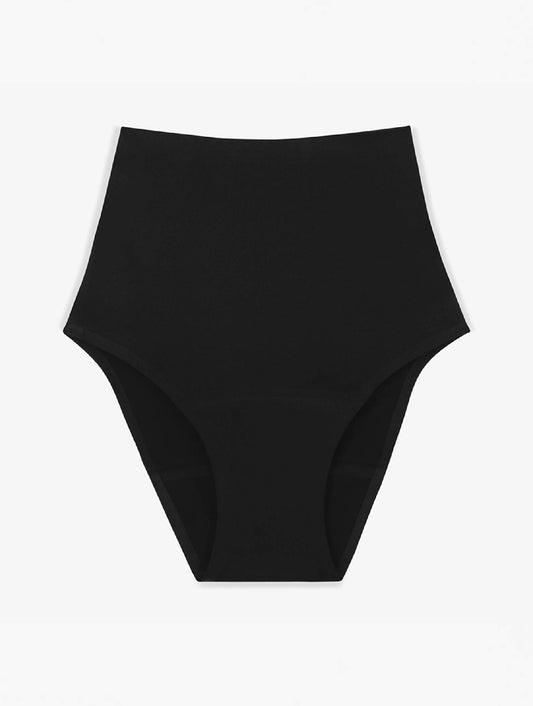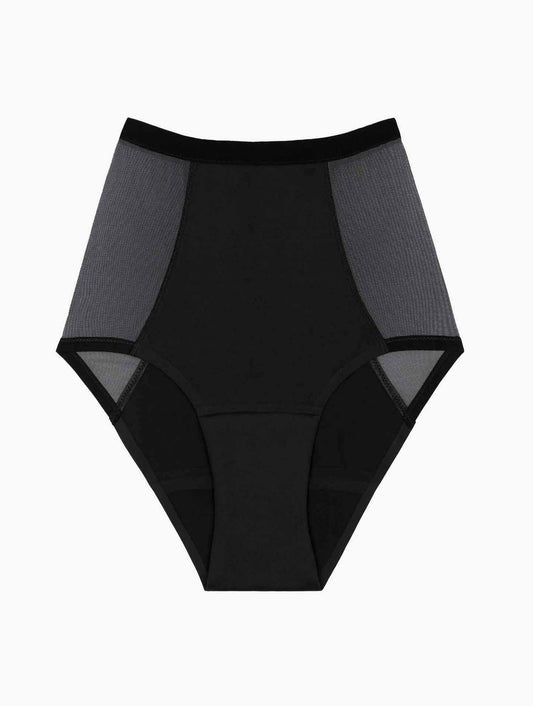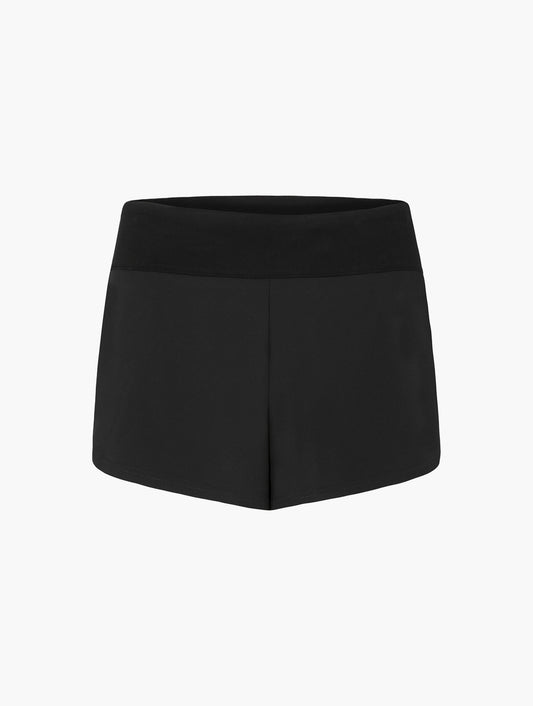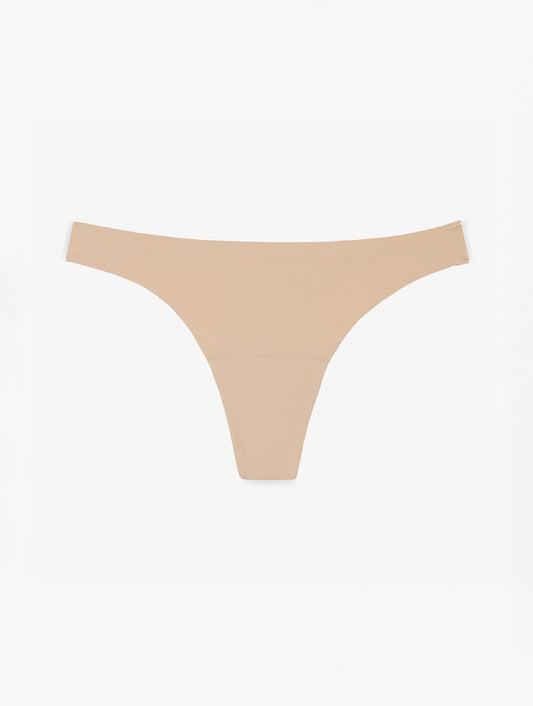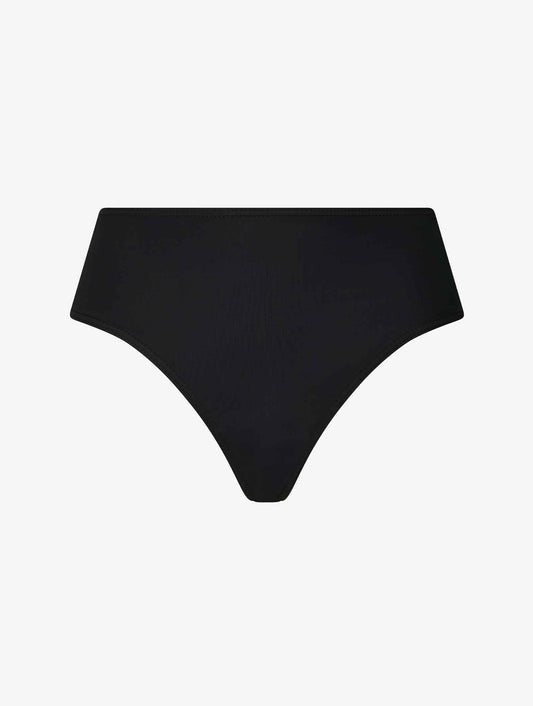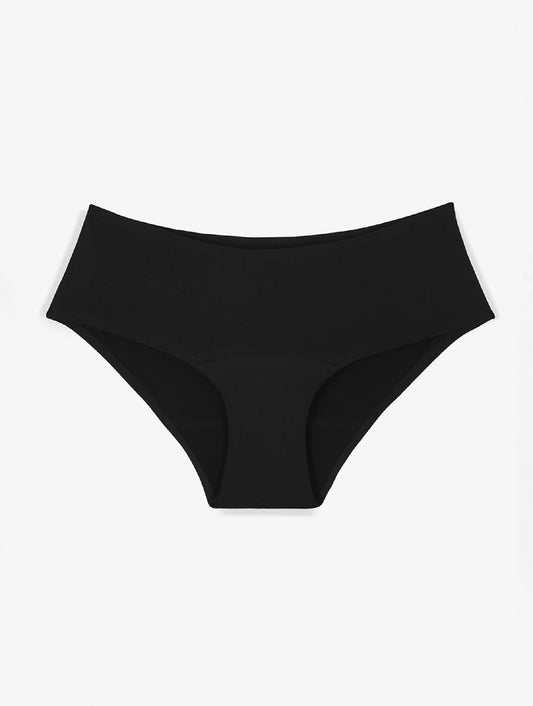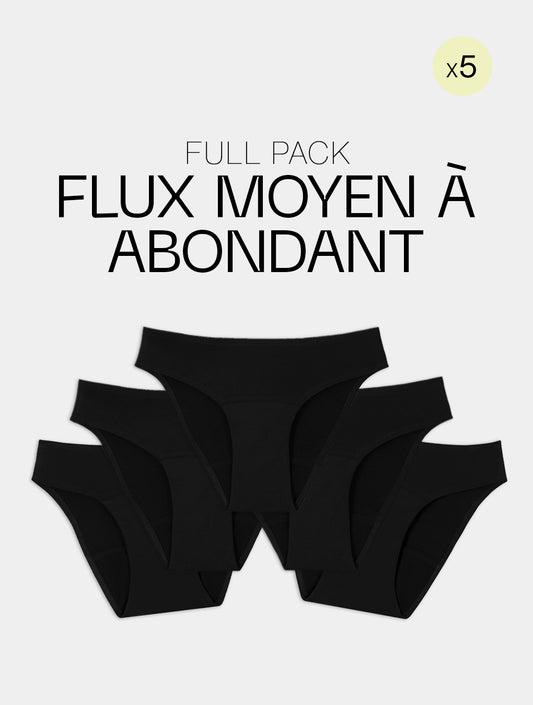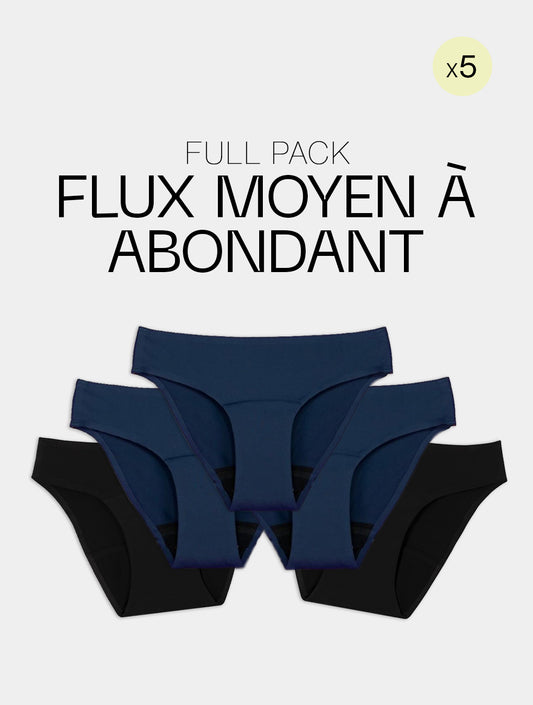Premenstrual syndrome: why me?
Nervousness, headaches, abdominal pain, edema: premenstrual syndrome affects 20 to 50% of women of childbearing age. The fault is due to hormonal fluctuations at the time of ovulation and just before the cycle, but also perhaps to certain genetic factors or certain vitamin deficiencies. Symptoms, causes and treatment: we explain everything about premenstrual syndrome!





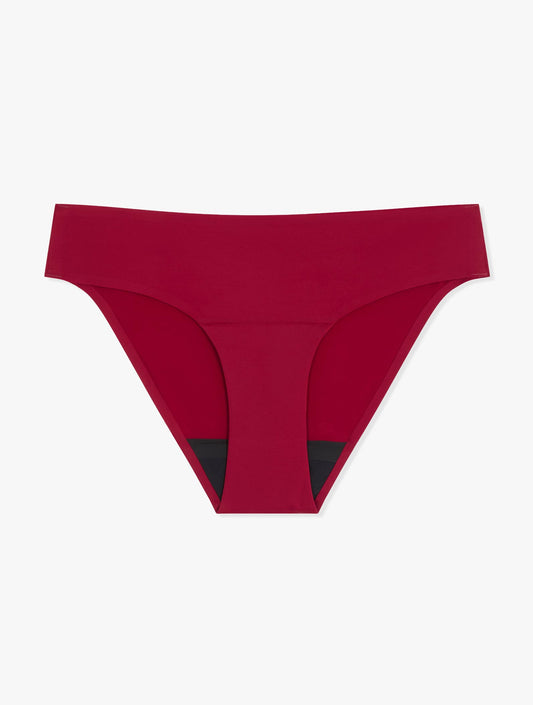



Premenstrual syndrome, what is it exactly?
Let's be reassured right away, premenstrual syndrome – PMS is not a disease. It is a set of physical and psychological, even emotional symptoms occurring a few hours or a few days before the period and disappearing in theory with the arrival of the period. Premenstrual symptoms manifest themselves in different ways, ranging from mood swings to migraine attacks, including mastodynia (throwing, burning, cramps in the breasts). The good news after this listing is that you are not sick. The slightly less encouraging news is that premenstrual syndrome cannot be predicted, does not announce itself and does not fit too much into boxes (no less than 150 symptoms identified). It can strike any woman at any time, even after years of uneventful periods. We are talking about 20 to 50% of women affected by PMS on a regular basis. The figure climbs to 80% if we take into account all those who have had to undergo it at one time or another in their cycle.
What is the cause of premenstrual syndrome?
The cause of premenstrual syndrome is not yet well established. However, some hypotheses exist, the most common are the following:
- sudden fluctuations in female hormones in the blood during ovulation and the luteal phase (fluctuation in estrogen and progesterone levels, excessive aldosterone or ADH levels);
- genetic factors;
- serotonin deficiency;
- vitamin and mineral deficiencies (magnesium and calcium deficiencies).
Premenstrual syndrome: symptoms of varying intensity, but still present
The symptoms of premenstrual syndrome vary from one woman to another, their intensity and their duration (from a few hours to more than a week) too. Among the 150 symptoms listed, the most frequent physical manifestations are:
- water retention and edema;
- transient weight gain with feeling of heavy legs;
- tender and/or sore breasts;
- abdominal pain;
- back pain.
The most well-known psychological signs are:
- nervousness;
- anxiety;
- irritability and bad temper;
- insomnia;
- difficulty concentrating;
- tiredness ;
- the Depression.
Apart from the various symptoms (physical and psychological) mentioned above, the daily life and work of many women can also be impacted by the occurrence of the following manifestations:
- headaches ;
- dizziness (low blood pressure, palpitations);
- digestive disorders (nausea, vomiting, cravings or loss of appetite, change in intestinal transit);
- an acne breakout.
Premenstrual syndrome: how is the diagnosis made?
You have to suffer to be a woman! Who has never heard this kind of phrase when one of us talks about the pain or general discomfort caused by the arrival of menstruation! This adage makes fun of a real health problem experienced by many women in their daily lives. Our advice? Never hesitate to seek the advice of a gynecologist or a doctor when one or more of the symptoms mentioned above affects you.
To make a diagnosis of PMS, the healthcare professional will ask you about your symptoms. He may ask you to note precisely the manifestations felt during the menstrual cycle. This information will allow him to establish the treatment best suited to your case.
For patients with severe premenstrual syndrome (premenstrual dysphoric disorder causing significant emotional fragility up to the occurrence of suicidal thoughts), a clinical examination and additional examinations are generally recommended.
Premenstrual Syndrome: Treatments and Solutions
PMS symptoms do not manifest uniformly from woman to woman, so there are no universally effective treatments. Each case has a solution. Preferably, the gynecologist or the doctor will recommend:
- rest ;
- physical exercise to relieve bloating and nervousness;
- relaxing activities to reduce stress levels;
- cognitive-behavioral therapy to relieve irritability problems.
In order to reduce the intensity of PMS, you will also be advised to change your diet. Begining with :
- eliminate stimulants such as caffeine or alcohol from your diet;
- reduce sugar and favor complex carbohydrates;
- restrict salt;
- increase lean protein;
- favor fruits and vegetables, foods low in fat or high in fiber, vitamin D or calcium;
- take dietary supplements such as vitamin B6 or vitamin E.
Before considering heavy treatments, your gynecologist or doctor will probably suggest various natural methods to combat pain. Heat (hot water bottle or hot bath) in particular shows real effectiveness on certain symptoms such as back pain or abdominal cramps. Acupuncture and alternative medicine (homeopathy, aromatherapy or herbal medicine) can also be of great help.
If the intensity of the PMS symptoms does not diminish, it is very likely that the gynecologist or the doctor will refer you to a drug treatment. Among the most prescribed treatments are:
- nonsteroidal anti-inflammatory drugs (NSAIDs) to soothe pain;
- selective serotonin reuptake inhibitors (antidepressants or anxiolytics that work in the brain by increasing serotonin levels) to relieve emotional symptoms such as anxiety or depression in severe PMS;
- hormonal contraception and more precisely progesterone-based contraceptives (progestin pill or micro progestin pill) to stabilize the hormones present in the body.
PMS is not dangerous in most cases. On the other hand, it can put a strain on your body for several days. With the arrival of menstruation, the pains and inconveniences fade and you want to give yourself a little respite. It's time to opt for a super comfortable period panty. To reconcile with your body after this period which is anything but a part of pleasure, you want sweetness! That's good, our period panties are designed in ultra-innovative, flexible, light, breathable and antibacterial materials. Their slim, seamless design makes them ultra comfortable to wear and guarantees great freedom of movement. Result: zero humidity, zero odor, zero leaks and above all 100% well-deserved comfort!
By Valerie




